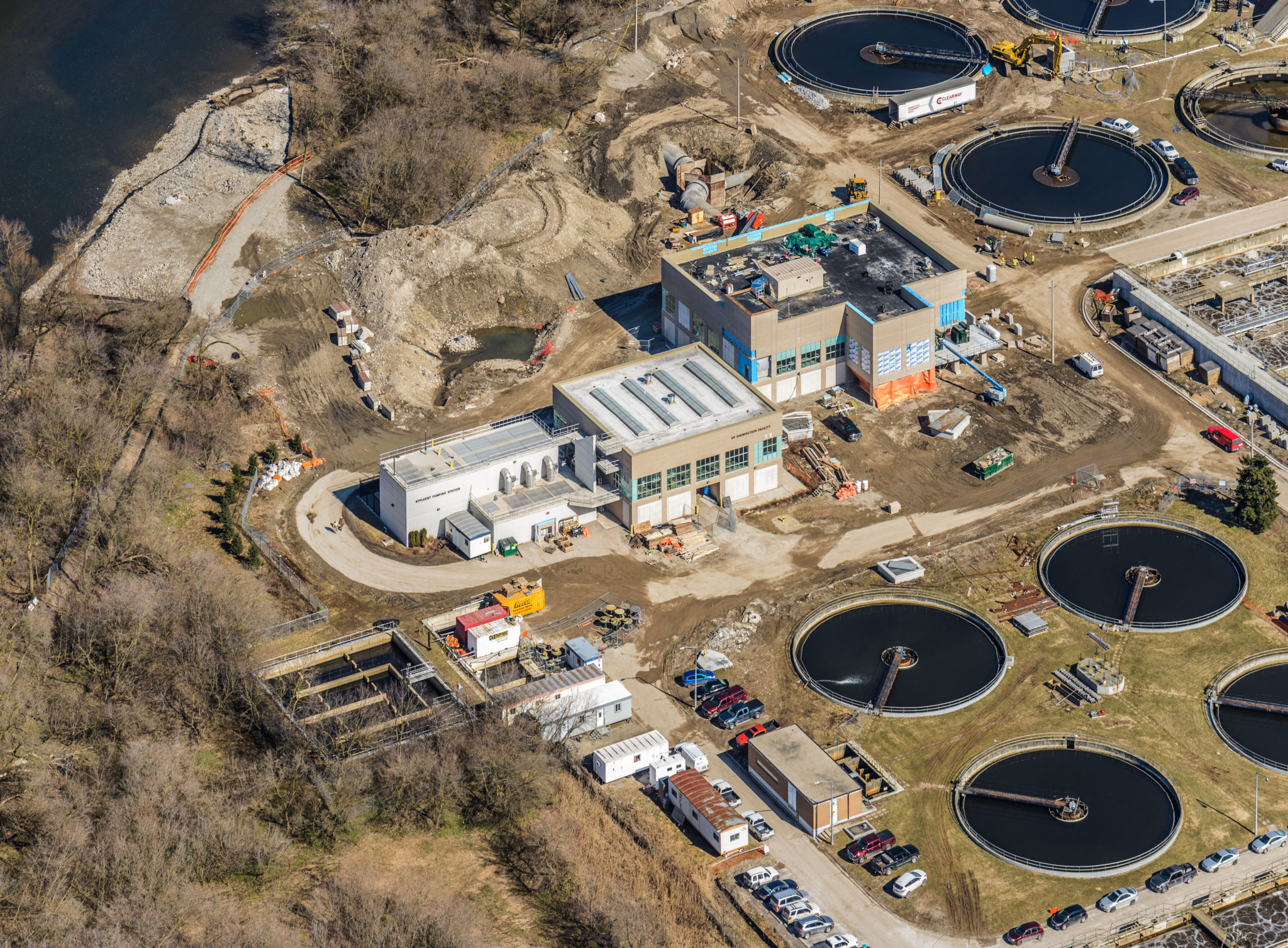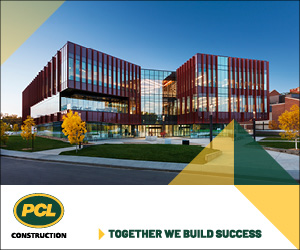By John Haasen and Colin Smith.
Having the right person manage a construction project is vital to its success. But the support system we build around that person, and the resources we provide them with, cannot be underestimated in creating an infrastructure asset that meets the expectation of our client.
There was a time in construction’s not-so-distant past when project management was something that you grew into over the time, based on experience. It was seen as one of the management roles that professionals could pursue as they looked to climb the corporate ladder in the construction business.
Those times have changed, with colleges, universities and professional organizations offering industry recognized certification in project management. Anyone truly interested in becoming a project manager must nowadays take the necessary coursework from recognized educational or professional organizations, or within their own companies to gain the necessary designation. Many Canadian colleges and universities offer project management courses or certificate programs which are recognized in over 50 countries. Professional organizations like the Project Management Institute offer course materials and training in support of various Project Management Professional (PMP), designations that are recognized worldwide.
The course work is important, as is getting the proper designation for managing construction projects in Canada, but there are personal characteristics that are needed in order to be successful. Strong communication skills are vital, as the project manager must be able to provide clear, concise instructions to all members of the team. Attention to detail is a must, as the project manager must stay on top of the work flow and have an understanding of what work is being done on all aspects of the jobsite at any given time. But there is also a need for patience. Patience helps the project manager keep calm and stay focused in the face of adversity, ready to react when an adverse situation erupts.
With the skills and the education in place, the individual has the tools necessary to personally handle the responsibilities of the job. Those skills need to be complimented by the right support system at the corporate level, ensuring that the team has a strong technology, and knowledge base. This includes: scheduling and cost/resource management software; document management systems and structure to handle all project aspects electronically; and communication systems for quick and agile responsiveness.
An experienced company will also have a system for putting the right team in place, but for a project manager facing a new challenge, a mentor within the company is a valuable asset. That way when an issue is encountered that the project manager does not have experience with, there is someone in the company that they can speak to — someone with the experience to suggest a solution to the situation at hand. This is becoming more complex to facilitate as a high percentage of experienced workers are retiring over the coming years, making it that much more important to have a mentoring system in place now.
Scaling up managers
The mentorship aspect is even more valuable as a company looks to scale up its project managers. Whether it’s moving someone into a $20 million job, having never done work above the $5 million threshold, or having someone manage a $200 million job having never worked on a project over $50 million, having someone within the company that a project manager can lean on for advice and expertise is paramount. It is important for a company to be willing to make the senior person available to the project manager (and client), when needed. Doing so helps ensure that assistance can be provided in real-time, when quick decisions need to be made and delays need to be avoided.
In addition to the importance of mentorship, a company needs to make sure that the support staff is suitably scaled up along with the project manager. Physical and personnel resources dedicated to a job need to respond to the size and scope of the project. This may include: construction managers to help coordinate an increased number of subcontractors on a larger jobsite; scheduling and cost control personnel to manage timeline and cost expectations to client and contractor objectives; and document management personnel to review, approve, store and time stamp information for timely project completion and end of project delivery to the client and for legal purposes.
As for selecting the right project manager to promote to a larger job, there are a few questions that should considered as part of the process:
• How has the person delivered on previous projects?
• Has that person had a positive impact in ensuring that the asset was delivered on-time, on-budget, and to the specifications required by the client?
• What did the client have to say about their interactions with the project manager?
• Did that individual work with the client to ensure any questions or concerns were addressed in a timely fashion?
• Does anyone within the company vouch for the quality of work done by the project manager?
Having a positive impact on both the client and team suggests a successful track record in meeting or exceeding the expectations of both client and team, two key factors in deciding whether or not a project manager is ready to take on increased responsibility.
Scaling up is not without its challenges. Individuals, who have thrived on previous projects where they could control all, or most aspects themselves, can find it daunting to take on a bigger role and a larger team. But with a strong support staff behind them, the help of a mentor, technology and knowledge systems in place, and a solid plan to meet the demands of the project, a project manager can work through the bumps in the road to produce a quality asset that meets the needs of the client, and the expectations of the contractor. One person may lead the project, but it takes a whole team to build infrastructure on-time, on-budget, and to the expectations of the client.
John Haasen is AECOM’s senior vice president, project delivery excellence, Canada. Colin Smith is AECOM’s senior vice president, director of operations, Canada.
















